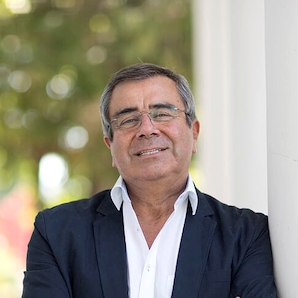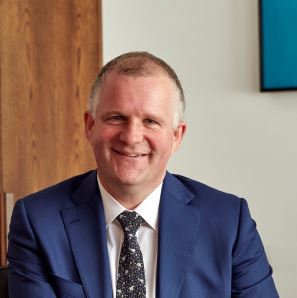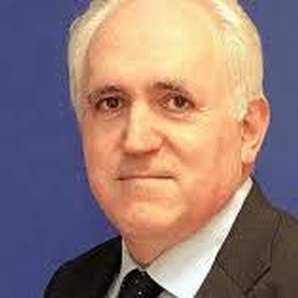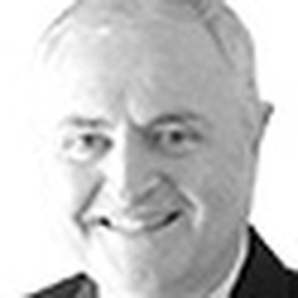 Alvaro Rojas
Alvaro Rojas
How design a successful digital transformation strategy
At Universidad de Talca we consider that digital transformation is not only an opportunity but a mandatory challenge for all institutions that want to adapt their culture to the needs of new generations of students, staff and professors. To face this challenge, the University of Talca implemented a digital transformation strategy that considers using the best available technology to develop a culture of quality and continuous improvement, giving access to technology to all members of the community, improving administrative and academic services, and connecting the university to the whole wide world. This strategy has been developed in several steps. First, we needed to understand the most important needs of our community and to develop a culture of innovation in all the possible spaces of our university, empowering people and giving them the tools they needed to implement the changes they wanted. Second, we had to give access to the best available technology, hardware and software, so that people could use it to develop new tools and ways of working. Third, we had to create opportunities for people to build a culture of collaborative work and continuous improvement using technology. During all this process, we have used a change management program so that people can get the required support not only to get used to changes but also to empower them to become protagonist in building the University of the future.
Alvaro Rojas
Rector of the University of Talca (Chile)
Rector (President) of the University of Talca (Chile) 1991 – 2006 and 2010 – to the present
Prior to that Associate Expert Agrarian Promotion Institute, INPROA – CHILE (1975-1978).
Dean of the School of Natural Resources of the University of Talca.
Since 1989 full Professor for Agroeconomics and Rural Development.
Chaired the Commission of Agricultural Innovation of the Ministry of Agriculture (1994 – 1997).
President of the regional university group (2002 – 2004).
2006 – 2008 he was Minister of Agriculture and 2008 – 2010 Ambassador of Chile in the Federal Republic of Germany.
Elementary and middle education in the German School of Santiago, Veterinarian of the University of Chile (1975).
Funded by the Konrad Adenauer Foundation, obtained his Ph. D. in 1982 at the Institute of Agricultural Policies of the TU München, Germany
In 1989 obtained an Alexander von Humboldt postdoctorate scholarship and spent 15 months in Germany.
Has published twelve books and near seventy articles in journals of national and international scope.



